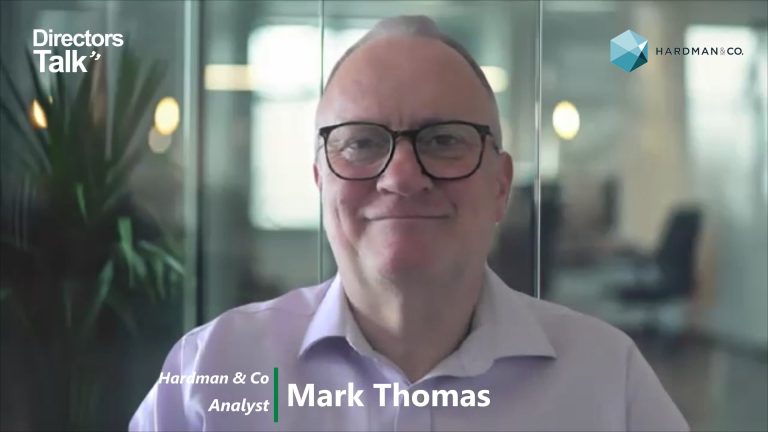Morses Club PLC (LON:MCL) is the topic of conversation when Hardman and Co’s Analyst Mark Thomas caught up with DirectorsTalk for an exclusive interview.
Q1: What did you take away from Morses Club’s recent results?
A1: We took two key messages from the FY19 results announced on 2nd May. First, the core business is now in a reliable, steady state with modest organic volume growth. It should, however, generate profit growth from acquisition opportunities and technology-driven efficiency improvements. As always, the agents remain core to the group but incremental returns can be generated from managing them better. Conservatively managed growth is being driven from the new business lines. Management has indicated it expects FY22 pre-tax profits of between £3 million and £5 million from its recent online lending acquisition where the price paid was just £8.5m.
Q2: Can you give us some detail on the numbers?
A2: Looking through the accounting noise, revenue was up 6%, credit issued by 2.4%, and the net loan book by 6%. Efficiency improved with adjusted pre-tax profits up 14.6%. Impairments remained well controlled (22.4% of revenue, like-for-like FY’18, 22.5%). Customer numbers increased by 3% to 235k.
The CTL deal could introduce some noise, both real and accounting. It will transform the profit and loss account, being a lower-cost but higher-impairments business than home collect. Although FY’19 was a beat against our forecasts, we have at this stage left our FY’20 forecast EPS largely unchanged.
Q3: The CTL acquisition was clearly important, what did management say about it?
A3: CTL transforms the company’s online capability, it was bought out from a bigger group which has gone into administration because of problems in its completely separate payday division. So, none of the problems were bought in the deal but the business had been affected as previous management focussed on the problem areas and in the transition to new IT platforms.
Management outlined the objectives for CTL as: i) to deliver breakeven on a monthly basis by the end of FY20; ii) to generate profits into FY21, such that there is a positive return after the cost of funding off the back of ca.200k short-term loans p.a., 50k customers on acquisition February 2019; and iii) to deliver a profit before interest and tax from FY’22 and beyond of between £3m and £5m. We note this compared with FY’19 pre-interest profits of £23.7m.
Q4: Management are highlighting use of technology, what did you think about it?
A4: Unlike PFG, Morses Club has been clear that the agent remains the core of the business model, this does not mean, though, that the agent practices have to remain static.
Technology means that the administration side of the business can be significantly automated while still having a close personal relationship between agent and customer. Some of the benefits include firstly automated reporting reducing error rates and need for manager time to be spent on correcting errors.
Second, collections are being made through the portal via customer action rather than the agent visiting the customer’s home, MCL advised that 20% of the traffic on its portal was customers making repayments. An agent can service more customers if they visit fortnightly rather than weekly. To still be treated as home collect for regulatory purposes, the customer must have the option of collections being made at home. Such automated payments may see administration benefits, especially as customers are drawing down their loans in non-cash ways. MCL is clear that the agents will still visit but just less frequently.









































